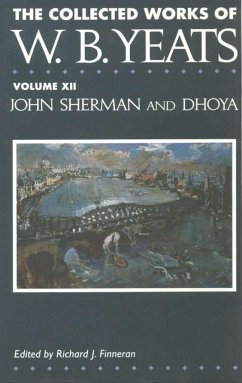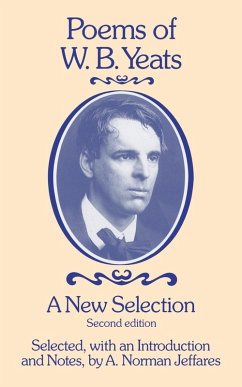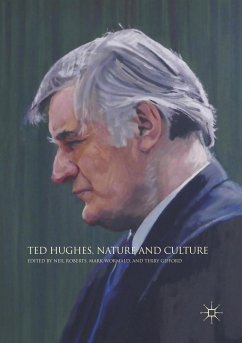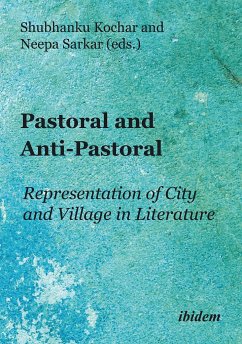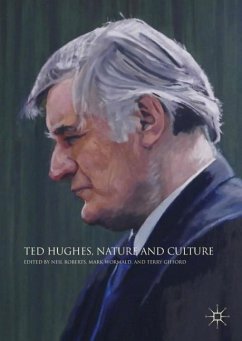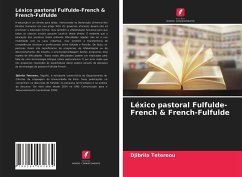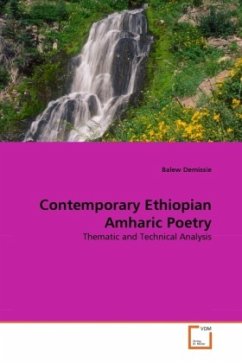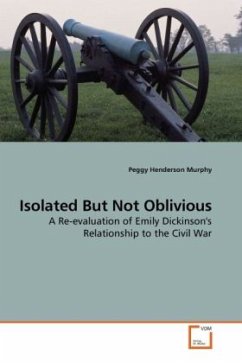
W.B. Yeats: A Poetics of Ideology
The Politics of Pastoral, Nationhood and Modernity
Versandkostenfrei!
Versandfertig in 6-10 Tagen
52,99 €
inkl. MwSt.

PAYBACK Punkte
26 °P sammeln!
W. B. Yeats: A Poetics of Ideology investigates the articulations of ideology in Yeats from the beginning of his poetic career. The book seeks to contextualize this ideology within what I call the modernist predicament. Yeats s articulation of politics can be divided into three major phases. The first focuses on his juvenilia, where politics is articulated in the pastoral trope at the unconscious level of the text. The second is explicitly expressed in Yeats s imaginative nationalism. Here Ireland is painted as a utopian land, an extension of his early pastoral world. In such an idyllic depict...
W. B. Yeats: A Poetics of Ideology investigates the
articulations of ideology in Yeats from the
beginning of his poetic career. The book seeks to
contextualize this ideology within what I call the
modernist predicament. Yeats s articulation of
politics can be divided into three major phases. The
first focuses on his juvenilia, where politics
is articulated in the pastoral trope at the
unconscious level of the text. The second is
explicitly expressed in Yeats s imaginative
nationalism. Here Ireland is painted as a utopian
land, an extension of his early
pastoral world. In such an idyllic depiction of the
nation traumatic events like the Great Hunger are
glossed over. The third phase grounds Yeats in the
modernist predicament. Here the poet s consciousness
of the discrepancy between aesthetics
and praxis, poetry and modernity, is paramount to
our understanding of the Yeatsian crisis. The
crisis articulates itself in Yeats s politicization
of space and claustrophilia. The book aims to trace
the development or, better still, radicalization of
Yeats s political thought, especially with regard to
modernity and the Enlightenment.
articulations of ideology in Yeats from the
beginning of his poetic career. The book seeks to
contextualize this ideology within what I call the
modernist predicament. Yeats s articulation of
politics can be divided into three major phases. The
first focuses on his juvenilia, where politics
is articulated in the pastoral trope at the
unconscious level of the text. The second is
explicitly expressed in Yeats s imaginative
nationalism. Here Ireland is painted as a utopian
land, an extension of his early
pastoral world. In such an idyllic depiction of the
nation traumatic events like the Great Hunger are
glossed over. The third phase grounds Yeats in the
modernist predicament. Here the poet s consciousness
of the discrepancy between aesthetics
and praxis, poetry and modernity, is paramount to
our understanding of the Yeatsian crisis. The
crisis articulates itself in Yeats s politicization
of space and claustrophilia. The book aims to trace
the development or, better still, radicalization of
Yeats s political thought, especially with regard to
modernity and the Enlightenment.



